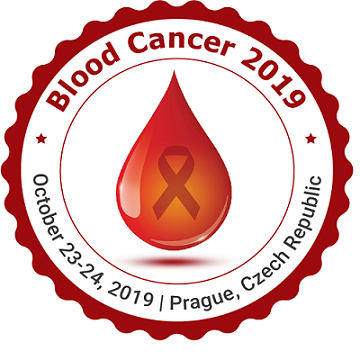
Paola Vidal Rojo
La Salle A C University, Mexico
Title: Treating congenital heart diseases with high tech procedures in an unequal country
Biography
Biography: Paola Vidal Rojo
Abstract
Mexico is a country with many inequalities, which are very notable, amongst other things, in high tech healthcare. Congenital heart diseases require in average $5,000 USD per child for a surgical treatment. Given that our average per capita income is quite low, only as few as 10% of the population can aff ord such healthcare, and even though 98% of the population have some sort of social security service, these are saturated, and patients may have to wait up to two years to be able to have surgery. And more so, over two million people have no access to medical services. So, we must turn to social enterprises and non-profi t associations to be able to cope with this problem, and still are left with many patients without proper care. Th ere are several areas within the country that do not have extracorporeal pump machines for open heart surgery, so they must perform surgeries without them, such as corpectomy or pulmonary banding, some of which are palliative surgeries. Many of the patients we attend arrive relatively late, considering their state. For example, we operate tetralogies of Fallot aft er two years of age, or anomalous pulmonary venous connections aft er three months. All these because of lack of planning; we have the resources and the infrastructure, but we do not yet fi nd a way to properly manage these defi cits. And so, we have so far eight nonprofi t associations performing surgical procedures in congenital heart diseases throughout the country. Amongst all of them, over 1,000 children a year have been operated on, just a small percentage of all that we calculate are still awaiting surgery. Every year, more that 22,000 new children with congenital heart diseases are born, and we try to shorten the list. Th e fi rst non-profi t was founded in 1995, and the newest one barely this year. And all of them need mainly two things: Patients, and economical resources. We need pediatricians to redirect patients to the specialists as soon as possible and to begin medical treatment in case these referrals are not entirely feasible, and paediatric cardiologist to be familiar with all governmental, profi t and nonprofi t options for the patient’s benefi t. We intend with this paper to share our experiences and our results in case some other countries may fi nd it useful, as well as to urge the need for pediatric alertness, the need for resources (both human and economic), as well as an early referral, to be able to help all he children awaiting surgery to improve their quality of life.

